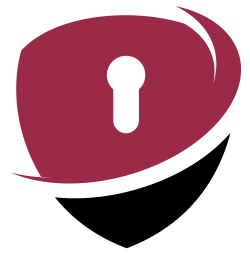The question of whether Wi-Fi networks, which are globally the most commonly used, are secure can be answered most briefly with—no, they are not.
One of the very important principles that users must follow today is to always ask whether short-term convenience is worth compromising their security, whether in terms of data misuse or even misuse of bank accounts.
Beware of Wi-Fi networks in public spaces
Imagine sitting in a café with friends, browsing an online store for the latest shoe collection, a new gadget, or a car part that is significantly cheaper if purchased through one of the popular apps. At that moment, most of your attention and focus is on finding the best deal for the desired item and correctly entering the delivery address and payment card details, often forgetting that you’re doing all this over an open Wi-Fi network you connected to upon entering the café.
Such a detail can end up costing the user far more than what will arrive at their home in a few weeks, as networks with many people connected can often be “eavesdropped on,” meaning that the information you’ve just sent might not only be seen by you but also by someone who knows what to look for.
What types of Wi-Fi networks exist, and are they secure?
Depending on how they are accessed—whether they are open networks without a password, networks with poorly implemented encryption (WEP), or if you visit websites without secure SSL/TLS certificates—the risks can be significant.
On the other hand, even networks that use modern security protocols like WPA2 or WPA3, which provide strong data encryption, can have their downsides. If the password is public (shared with everyone in the space), it can become vulnerable if someone with bad intentions gains access.
When you’re on a Wi-Fi network alongside a large number of unknown people (restaurants, squares, airports, etc.), it is recommended not to use sensitive apps for purchases. Additionally, logging into social media or other portals can pose a risk if you’re using the same passwords and login credentials.
How should you access Wi-Fi networks?
Malicious users need very little time to take over all your accounts if they get just one correct combination needed for access. It’s not hard for them to guess that the password you use for your email is the same one you enter on Instagram, TikTok, or that you even open these social networks by logging in through your Google account.
To avoid such risks, it is best to access sites that require logging in, sending bank account details, or any other sensitive information through secure networks intended only for you (mobile internet or home internet connected by cable). Also, always check the accuracy of web addresses (URLs) and valid security certificates that are active on the site.



[…] the previous text, I mentioned some technical characteristics of WiFi networks, and now I’d like to highlight […]